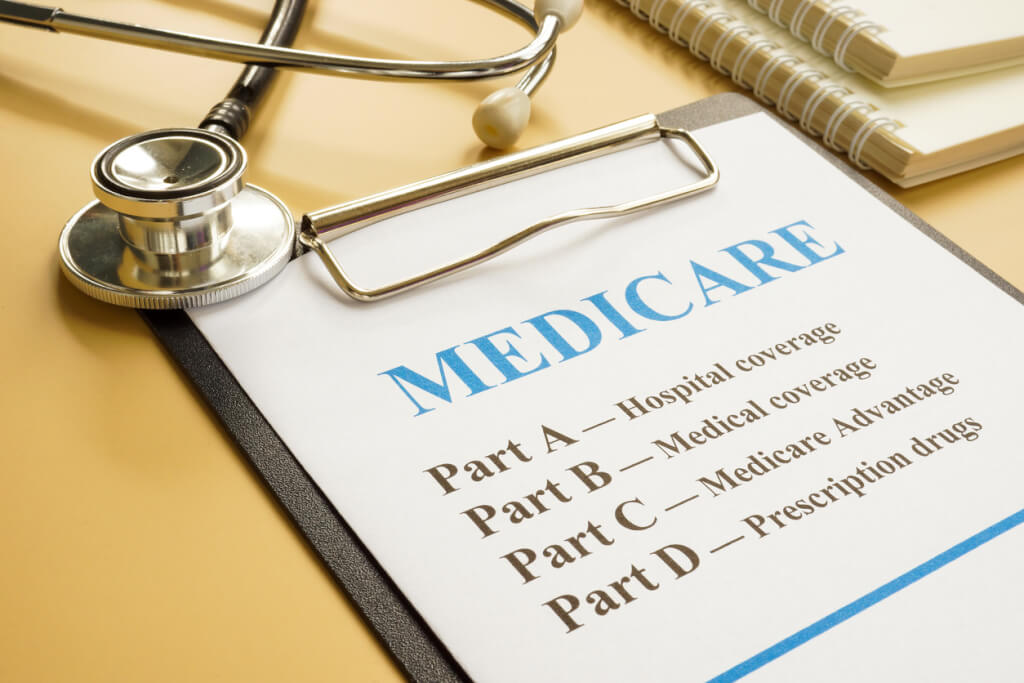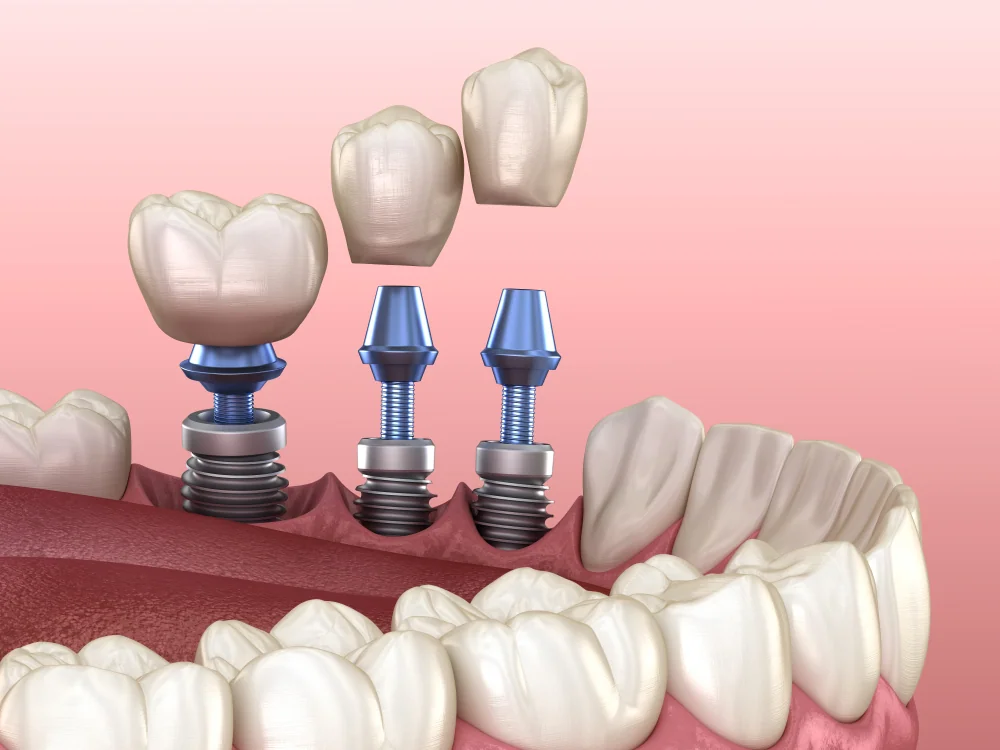What is Alzheimer's Disease, its Causes And Treatment Methods
- Posted on Nov. 7, 2023
- Health
- Views 68
Alzheimer's Disease is the name of one of the forms of progressive dementia. The development of the disease leads to a gradual loss of cognitive functions in patients of the older age group (60-65 years). Persons suffering from senile dementia experience memory loss, decreased attention, loss of speech, spatial orientation, and basic thinking skills.
Read More

Symptoms of Alzheimer's disease
The disease is divided into four stages, according to the progression of symptoms from weak to strong. The first stage of dementia is characterized by:
- memory impairment;
- difficulties with learning new knowledge;
- problems with abstract thinking and concentration;
- indifference to current events;
- inattention;
- violation of orientation in space.
In the second stage, symptoms progress, memory deteriorates along with visual, tactile and auditory sensations. Speech disorders (aphasia), problems with coordination and motor skills appear.
In the third stage of Alzheimer's disease, the patient's condition worsens. Speech disorders progress, writing and reading skills are lost, and vocabulary decreases. The patient often ceases to recognize friends and relatives. The person becomes irritable, aggressive, and resists attempts to help.
In the fourth, severe stage of dementia, the patient depends on the support and help of others. There is a complete loss of speech functions, the person remains in an apathetic state, loses weight and loses the ability to move independently.
Causes of Alzheimer's disease
The causes of dementia in Alzheimer's Disorder are not thoroughly understood. Scientists believe that the disorders occur due to a decrease in the synthesis of acetylcholine, a substance that transmits impulses from nerve cells. Another theory says that the disease develops due to deposits of peptides (substances consisting of amino acid residues) in brain tissue. The latest theory for the occurrence of Alzheimer's disease is based on the fact that certain groups of proteins accumulate in neurofibrillary tangles in the neurons of the brain and disrupt the connections between nerve cells. There is a genetic predisposition to the disease.
Risk factors for developing Alzheimer's disease
There are factors that increase your chance of developing Alzheimer's disease. The main triggers that can provoke Alzheimer's disease:
- Gender: women get sick more often, since their life expectancy is usually longer;
- Age over 65 years;
- Down syndrome, in which a mutation occurs on chromosome 21;
- Traumatic brain injuries;
- Sleep disorders: difficulty falling asleep, insomnia, restless sleep;
- Excess weight;
- Smoking;
- Diabetes;
- Arterial hypertension - high blood pressure;
- Cardiovascular pathologies;
- Low level of education and low mental activity throughout life.
As a rule, Alzheimer's disease is more severe in women than in men and progresses faster. This may be due to hormonal changes that occur during menopause.
Diagnosis of Alzheimer's disease
Diagnosing Alzheimer's disease early can help slow brain destruction. Therefore, at the first signs of impaired mental activity, you need to consult a doctor - a neurologist or psychiatrist. If dementia is suspected, the following tests will be carried out:
- CT scan;
- Magnetic resonance imaging;
- Electroencephalography;
- Electrocardiography;
- Ultrasound of the thyroid gland, etc.
If necessary, the patient is examined by a psychiatrist, endocrinologist and doctors of other specialties; such an integrated approach allows choosing therapy as effectively as possible.
Treatment of Alzheimer's disease
If you are deciding where to treat Alzheimer’s disease, come to trusted clinics! Neurologists do everything possible to help their patients slow down the progress of dementia and get rid of unpleasant symptoms. In Alzheimer's disease, treatment methods are aimed at alleviating the symptoms of the disease and curbing its progression. Drug therapy and care are selected individually for each patient. Among the drugs prescribed by doctors are the following:
- Cholinesterase inhibitors;
- NMDA antagonists;
- Neuroleptics.
Methods for preventing Alzheimer's disease include:
- Rejection of bad habits;
- Healthy lifestyle;
- Physical activity;
- Monitoring the functioning of the cardiovascular system;
- Brain activity (reading, learning languages, intellectual games, etc.).
Also, to improve the condition and quality of life of people with Alzheimer's disease, doctors most often treat concomitant diseases.
Take care of yourself and control your health!


